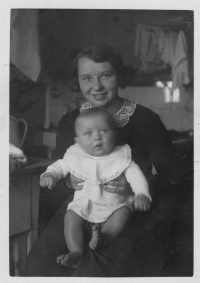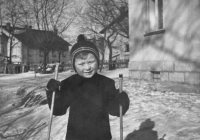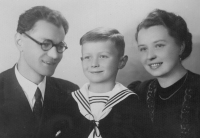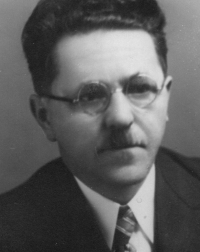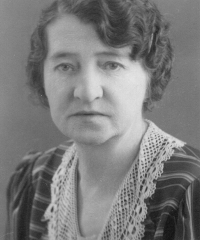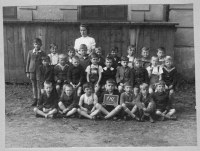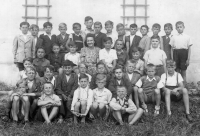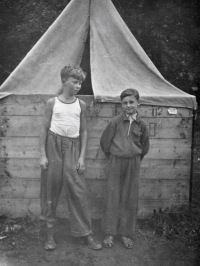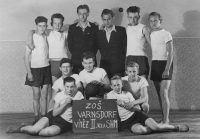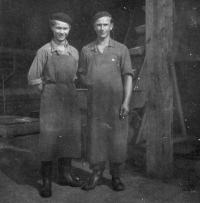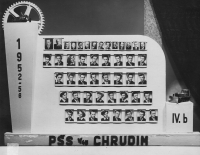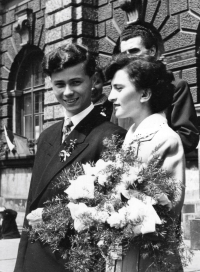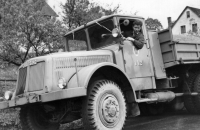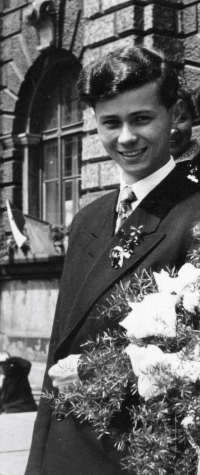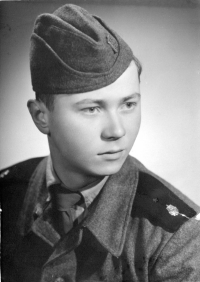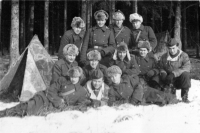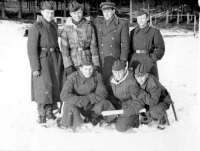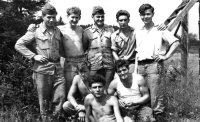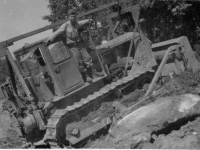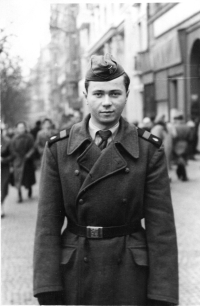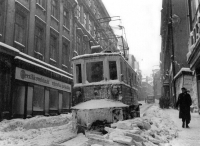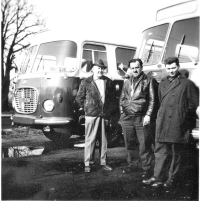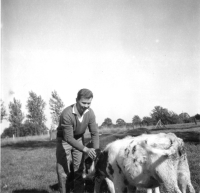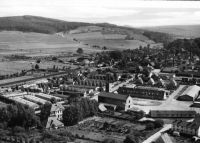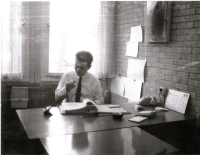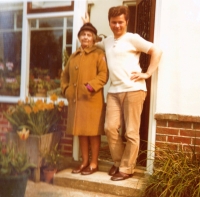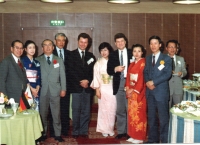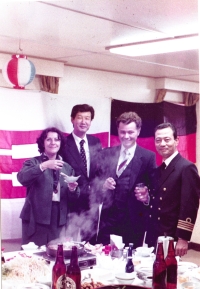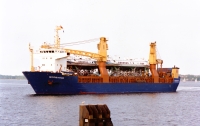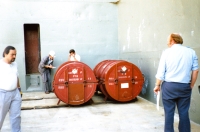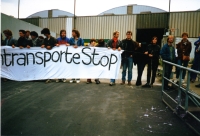His Sudeten German origin harmed him under the Communists, helped him after emigration
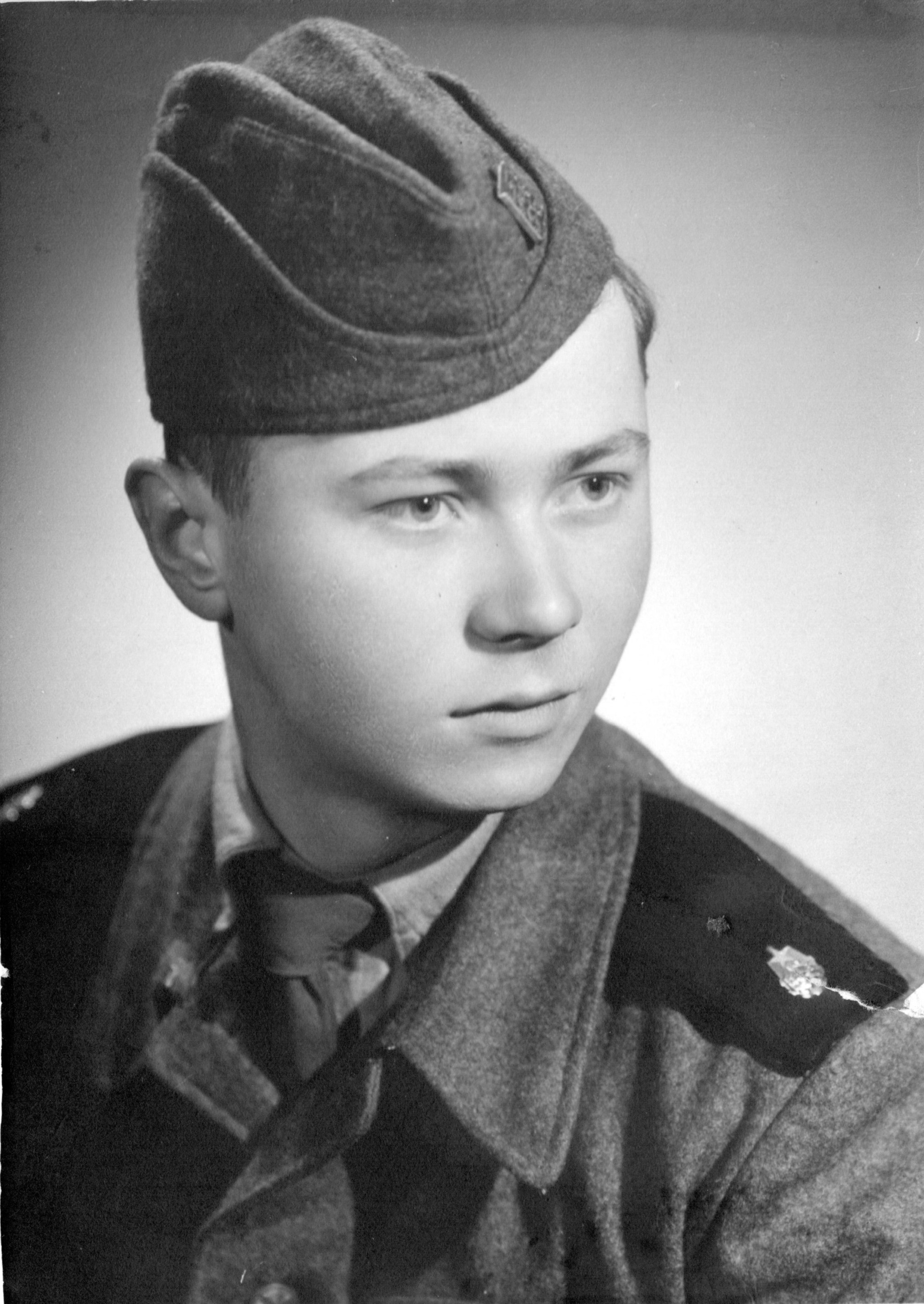
Download image
Harald Skala was born on 3 July 1935 in Žacléř. He came from a mixed Czech-German marriage, his mother was a Sudeten German. He grew up in Český Brod and was supposed to go to a Czech school, but with the beginning of the Nazi occupation the family moved to Jihlava under pressure from the Gestapo. There, he attended a German school and also rowed in the youth organization Deutsche Jungvolk. During the liberation of Jihlava, he experienced looting by Soviet soldiers, as well as the oppression and departure of the German population. At the beginning of the 1950s he wanted to enter the industrial school in Chrudim, but the communist regime prevented him from doing so. So he went to school for a while, but later he was able to enter the school and graduated. He and his future wife decided to go to Liberec to work. During the war he served in the Auxiliary Technical Battalions (PTP) in Svatý Tomáš in Šumava. During the 1960s he worked in a transport company in Liberec. His first marriage, in which he had a daughter, broke up. He married a second time, but soon married a third time. In 1969, he and his third wife went to visit his uncle in Belgium and decided to stay in emigration. Thanks to his Sudeten German origin, Harald Skala was able to live and work in Germany. He worked for a long time in the nuclear power industry and was involved in the transportation of nuclear substances. His third marriage, which produced a second daughter, also broke up. After the fall of the Iron Curtain, he was involved in organizing tourist tours from Germany to North Bohemia. In 2010 he moved with his fourth wife to the Zittau region, close to the Czech border. He lived there in 2022.
